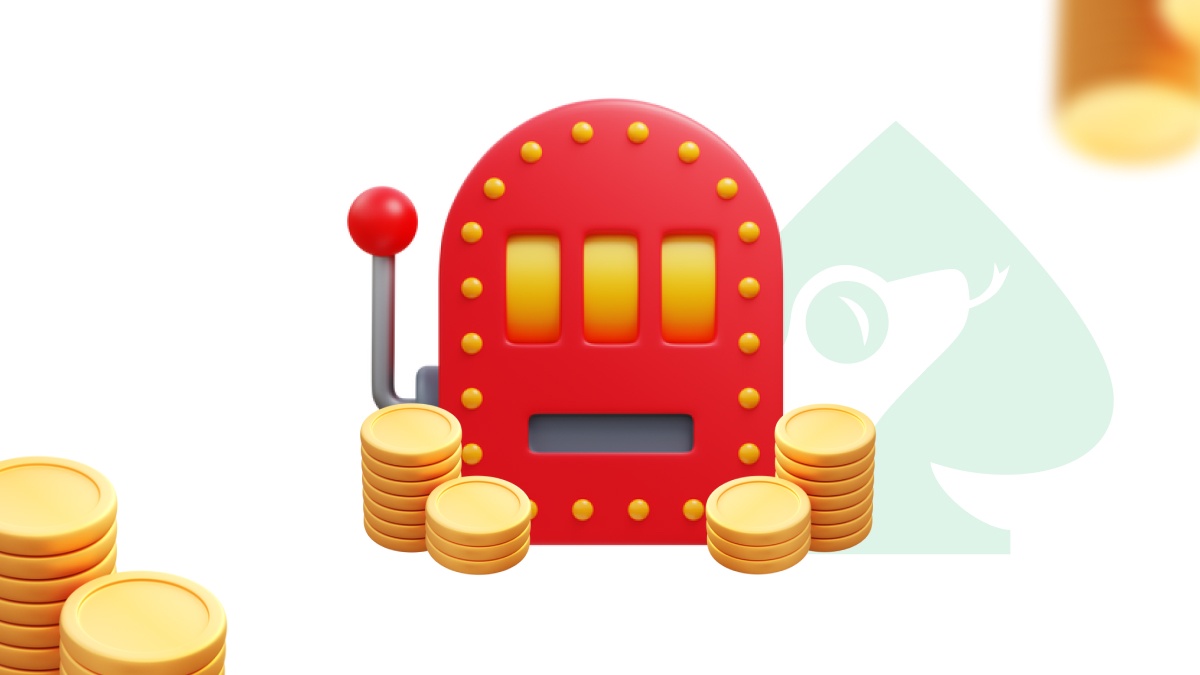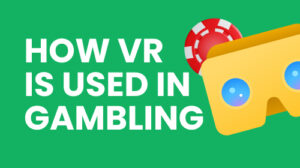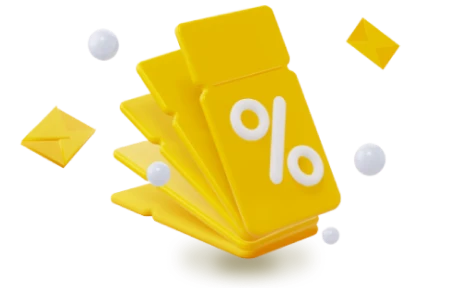How Does Gambling Affect the Brain
Human behaviour is guided by a complex interplay between brain activity and physiological processes. Everything we do in the physical world impacts our nervous system and thought patterns and vice versa. It’s no surprise, then, that the entertainment we engage in during our free time also influences our brain. This article explores the relationship between gambling and the brain processes at work during these activities. A better understanding of this intricate balance between entertainment and brain chemistry can help you avoid pitfalls that many others have faced.
The Reward System and Dopamine
The pleasant feeling you experience after achieving a goal or winning a competition is the result of a chemical in the brain called dopamine. Dopamine, a neurotransmitter, is released by specific neurons to create feelings of satisfaction and happiness. It serves as a signal from the brain that you’ve done something it approves of, encouraging you to repeat the action. This is part of the brain’s “reward system,” which reinforces behaviours it deems beneficial.
While this system has been advantageous for human evolution, modern life has found ways to manipulate it. Substances like drugs and certain behaviours, including gambling, can trick the brain into releasing dopamine artificially, often leading to destructive patterns.
Gambling addiction works through similar mechanisms as drug addiction. Each time you spin the reels on a slot game and win, dopamine is released, prompting you to keep playing. This makes it crucial to take regular breaks to avoid dependency. Without such precautions, it’s easy to feel dissatisfied or even unhappy when stepping away from gambling sessions.
The Brain’s Role in Decision-Making
The brain’s structure significantly influences our decision-making. Just behind your forehead lies the prefrontal cortex, responsible for evaluating options and considering the consequences of actions. It integrates past experiences, sensory input, and impulses from other brain regions to guide decisions.
The prefrontal cortex isn’t fully developed until your mid-to-late twenties, which is why younger people often make impulsive decisions without fully understanding their consequences. Studies show that individuals with gambling addiction often have a weakened prefrontal cortex, reducing their ability to make sound decisions. As a result, they struggle to recognize when they should take a break from gambling, even when facing financial or emotional harm.
Short- and Long-Term Consequences
The issue with dopamine is that it requires increasing amounts to produce the same feelings of pleasure over time, particularly after repeated artificial stimulation. This can lead to impulsive decisions with significant negative outcomes, ultimately resulting in a loss of control and a futile pursuit of happiness.
Short-term consequences of tampering with the brain’s reward system include losing substantial amounts of money without deriving any enjoyment or satisfaction from gambling sessions.
Long-term consequences can be far more severe, potentially leading to depression, suicidal thoughts, and chronic conditions that require extensive treatment over many years.
Treatment and Prevention
Fortunately, effective treatments exist to help individuals with gambling addiction regain control of their impulses and stabilize dopamine levels. Charitable organizations and private companies offer expertise, guidance, and psychological support to reduce dependency. Interestingly, the methods used to prevent gambling addiction are similar to those used for treating drug addiction, as the underlying brain processes and decision-making challenges are nearly identical.
Current Research and Studies
Research has identified links between addiction, dopamine, reduced activity in the prefrontal cortex, and impairments in the striatum—another brain area that connects the reward system to emotions. Studies reveal that individuals with gambling addiction are not primarily motivated by financial gain. Instead, they seek the emotional high associated with rewards, driven by dopamine release. Financial losses are simply a byproduct of this pursuit, much like the lengths drug users will go to secure their next dose. It is important to practice responsible gambling by setting limits, recognizing signs of addiction, and seeking help when needed to maintain a healthy relationship with gambling.

















